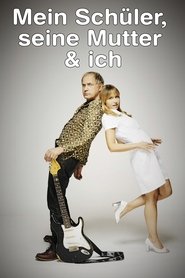
2008
playlist_add 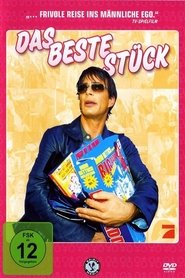
2002 star_border 5
playlist_add 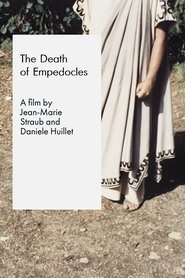
1987 star_border 5.1
playlist_add 
1984 star_border 6.8
playlist_add 
1979 star_border 5.2
playlist_add 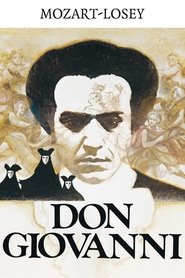
1979 star_border 6.9
playlist_add 
1975 star_border 7.1
playlist_add 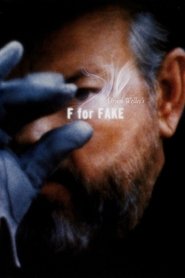
1973 star_border 7.4
playlist_add 
1972 star_border 5.6
playlist_add 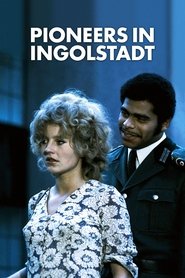
1971 star_border 5.3
playlist_add 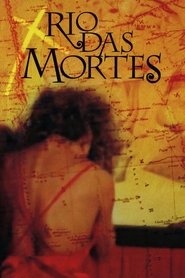
1971 star_border 5.3
playlist_add 
1971 star_border 5.5
playlist_add 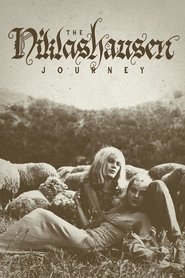
1970 star_border 6
playlist_add 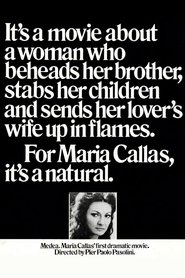
1970 star_border 6.6
playlist_add 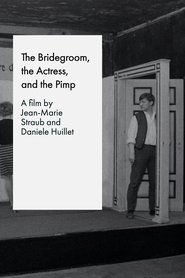
1968 star_border 4.6
playlist_add